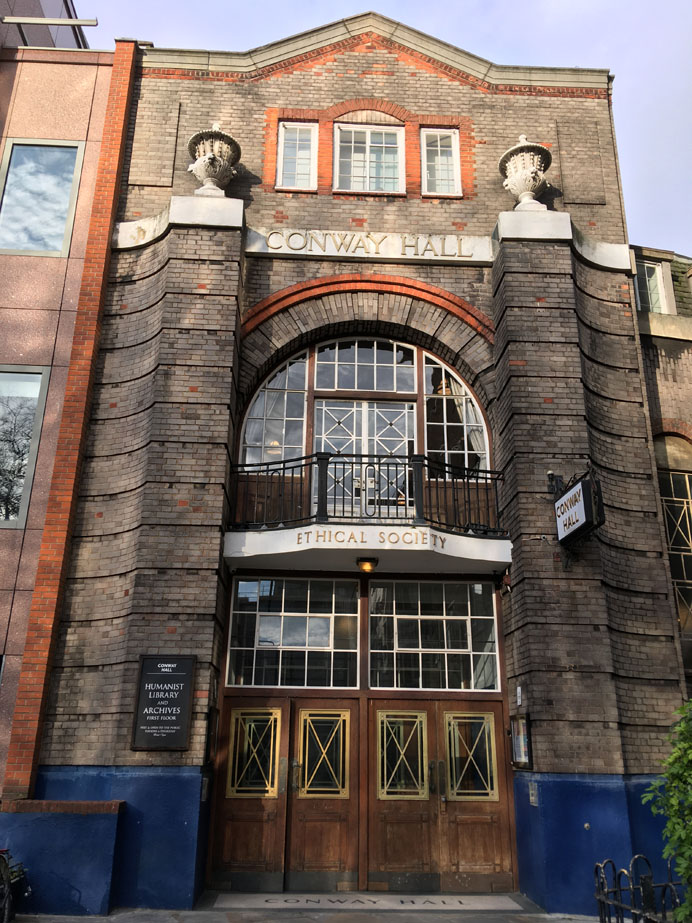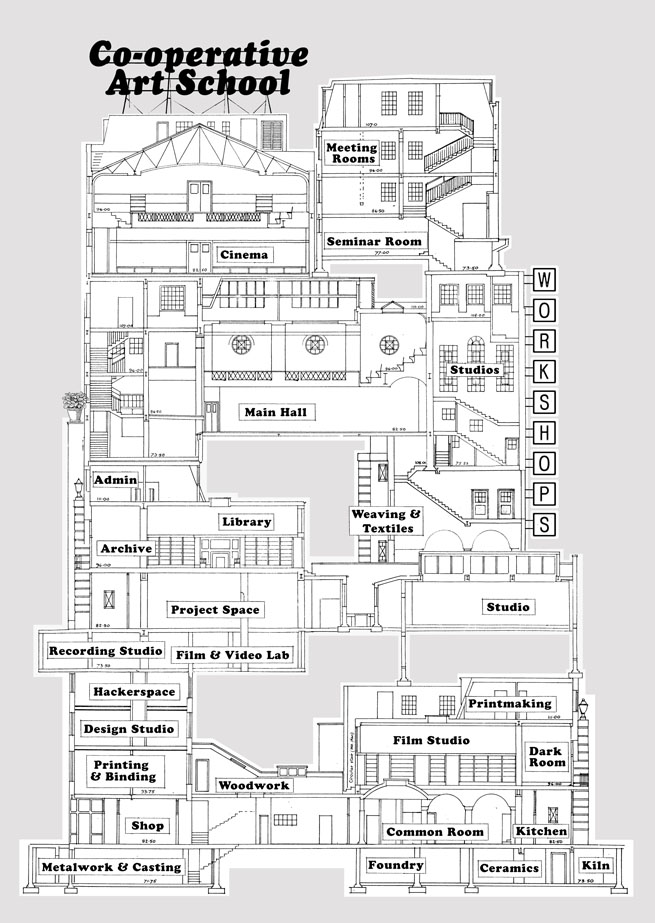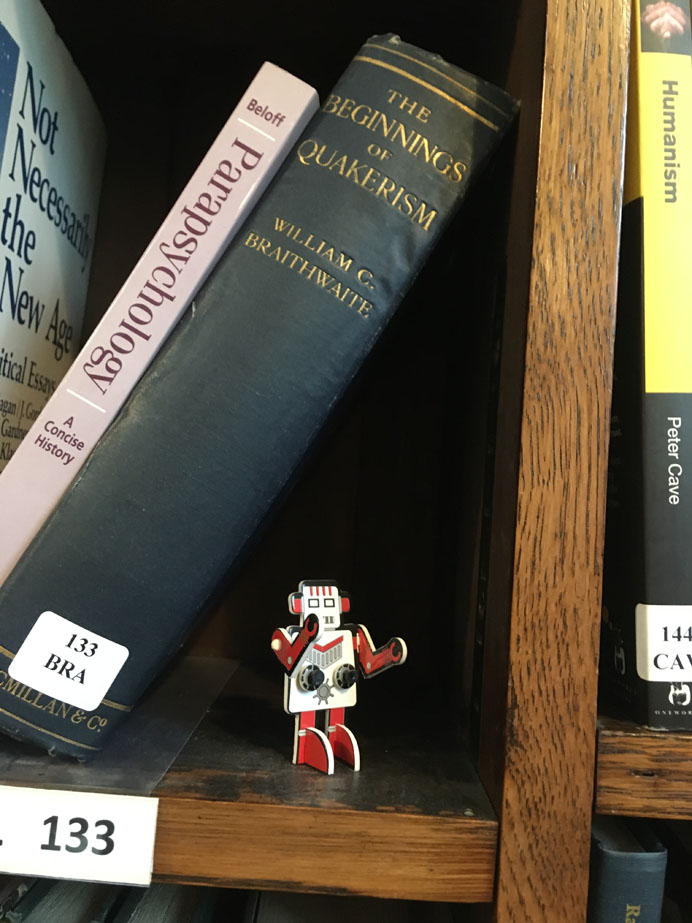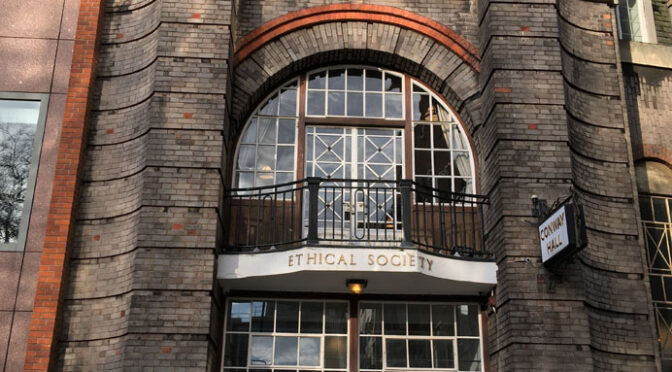Artquest Research Residency at Conway Hall Library
As higher education gears up for two more weeks of strikes about pensions, casualisation, workload and pay levels, and independent unions continue their campaigns on wages, outsourcing and zero hours contracts, the extent of the reforms that the 2010 student protests and occupations were fighting becomes all too clear.

The rise in tuition fees was just the start in a coordinated plan to reconfigure higher education for the market; lecturers on permanent contract s were given voluntary redundancy, a new generation of teaching staff was employed on fixed term contracts with twice the workload, staff was outsourced to private companies on zero hours contracts and stripped of their rights. Maintenance grants and bursaries were scrapped, a new ranking system linked course value to employability and student debt. Managers were employed to oversee this transition and institute an auditing culture, close down departments, cut courses and commission new buildings. Finally, marketers were employed to promote all this on the strength of university brands and luxury halls of residence.
Purged of critique, dissent and scepticism, universities are being divested and hollowed out. With underfunded courses and workshops, aging facilities, ever-shrinking contact time and bleak prospects in the job market, art education in particular has been under attack for decades. It is no surprise that teachers and students are abandoning academia in search for alternatives.
Fuelled by the crisis in higher education, a diverse landscape of alternative art schools has emerged and burgeoned into a movement since 2010. A multitude of diverse, experimental and flexible organisations address the crisis in art education by offering free or affordable art education. Unfettered by rigid ties to funding, policy and industry these schools develop new curricula and models of organisation, addressing the unique needs and learning styles of individual learners to create subtle but significant shifts in art education. Yet apart from notable exceptions like AltMFA, The Other MA and Open School East, most alternative art schools are short-lived because they rely precariously on volunteer labour.
The focus of my art practice over the last five years has been the search for a sustainable alternative. The Artuqest Research Residency at Conway Hall Humanist Library has given me the opportunity to consolidate, extend and amplify my research on alternative art education, radical pedagogy and self-organisation.
A co-operative art school?

Under the general title A co-operative art school? the project is composed of archival research at Conway Hall Library, interviews with co-operatives and alternative art schools and participatory action research to crowdsource a strategy for a co-operative art school with a survey, workshops, a festival and exhibition and publications. It is an extended call for collaborators committed to establishing an alternative model to the capitalist university.
By circumventing both the profit-driven private sector and the policy-driven public sector, a co-operative art school would provide a democratic form of education, subject to collective decision-making. It would reconfigure our understanding of education as a public good not through redistribution but as common ownership, and our concept of knowledge not as a product but as a social process. By considering diverse forms of structural organisation and income generation, a co-operative art school could build a sustainable commons-based economy, providing access to shared resources, expertise and training.
Through its horizontal structure a co-operative art school would start from the principles of equality and self-determination to create ethical working conditions. It would create alternatives to competitive and individualist study and work environments, to encourage trust, long-term commitment and foster collectivity, mutual aid and solidarity in a supportive community of peers, combating anxiety and isolation.
A co-operative art school would be a more than an education institution, it would reconfigure art, education and work into a way of life.
Conway Hall Library & Archives

Nothing could have prepared me for the treasures in the Conway Hall Library archives and the intense period of discovery and learning during my residency. I wanted to find out how social change happens, how it emerges through human relationships, how ideas circulate and spread, how opinions change and how collective decisions are made to turn those ideas into action. The history of Conway Hall and South Place is in many ways a microcosm of the ethical evolution in western society over the last two centuries. An intense melting pot of ideas, stimulated by dissent, scepticism and freethought. Although I’m fascinated in the leading figures of South Place, the evolution of their thought, their vision and influence, my interest lies in the Society itself; the collective that embodied this evolutionary process. The most valuable insight from my research is that change is imperceptible, it does not happen all at once. Ideas need fertile ground to take root, environmental factors are decisive and change produces more change, it emerges from ideas that make other changes possible. The history of Conway Hall gives me encouragement and teaches me patience because change is incremental and indirect.
The Festival of Alternative Art Education 2020 will take place on 25 July 2020 at Conway Hall, bringing together alternative art schools, peer-support groups with stalls, workshops, discussions, screenings, tours, installations, performances, the exhibition The Secret Is Out: on the theme of cooperation and the launch of URgh! Zine on self-organised, DIY, peer-led art schools and collectives.
Come along and help us turn Conway Hall into an art school!
Originally published in the Ethical Record, London, Apr/Jun 2020, pp. 3-4.
